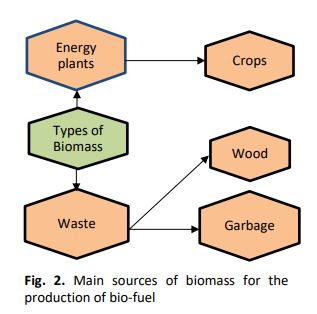Feasibility Study of Bio-fuel As a Sustainable Product of Biomass: An Overview of Its Fundamentals, Application and Environmental Impact
DOI:
https://doi.org/10.37934/arfmts.88.2.106122Keywords:
Biomass, Bio-fuel, Sustainability, Bio-fuel conversion, Emission controlAbstract
The energy crisis and ecological disasters have become a critical problem in recent decades. The human activities through industrial operations increase emissions and other pollutant particulates in the world as a result of steady patronage on fossil feedstock. Several experiments were performed to identify an alternative fuel meeting the rising energy demand. Biomass (bio-fuel) has recently been developed as an economical fuel, environmentally friendly resource, renewable and sustainable fuel. Approximately 350 crop plants were evaluated and some of them could be considered as suitable alternative diesel engine fuels. To increase the bio-fuel quantity globally, apart from crops, other biomaterial sources are considered potential in biofuel production. It was shown that the properties of biofuel combustion are identical to fossil. In the experimental combustion of biodiesel blends, higher ignition pressure and temperature, shorter ignition delay, and higher peak release were recorded. This paper is a literature review on the need for biofuels as a global renewable fuel resource and aims to explain the characteristics of combustion and pollutant formation in the application of biofuels. The study also stated the resources, the use of biogas and its emission impact in flameless combustion mode. With holistic adoption of biomass source of fuel together with the modern conversion techniques, issues from fuel emissions will be mitigated.
Downloads
































